Creating a Successful Digital Marketing Strategy for Logistics Companies
In the new B2B landscape, buyers’ journeys are heading towards self-service models. Today, B2B buyers prefer a more personalised experience relevant at every purchase consideration stage. As logistics and supply chain businesses adapt to the monumental changes in consumer behaviour, digital marketing has taken on added significance.
So how do you harness digital marketing for your own logistics company marketing? Read on to find some key digital marketing strategies to grow your logistics business in 2023.
Why Digital Marketing?
The global logistics market accounted for USD 10.68 trillion in 2022. A Precedence Research report anticipates it to attain around USD 18.23 trillion by 2032, at a CAGR of 5.48%.
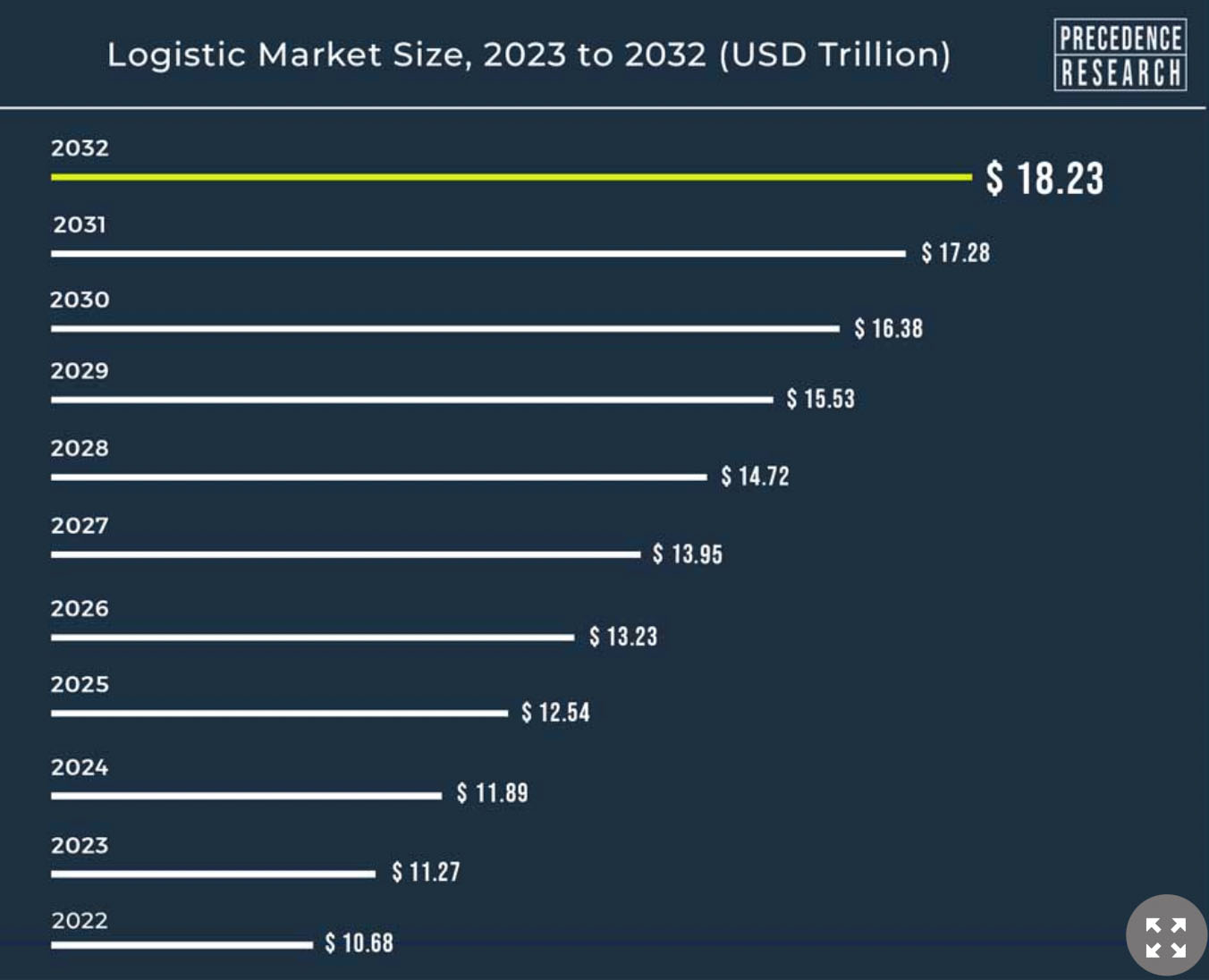
As the eCommerce industry expands, so does the demand for omnichannel distribution. Furthermore, a significant shift in consumer preference towards same-day delivery drives the market for reliable courier services.
While all these factors are aiding the logistics market worldwide, standing out in the oversaturated space is the biggest challenge for logistics players.
This means logistics companies must go beyond their products and services and prove themselves as resourceful thought leaders. The prospective customers must identify their logistics provider as a knowledgeable and trusted source of information in their field of expertise.
It is through an effective and targeted digital marketing strategy that the logistics and supply chain companies can foster such relationships and achieve their marketing goals.
Until recently, logistics businesses have been the laggards in digital marketing. However, following the B2B buying behaviour changes, cutting-edge digital marketing strategies are growing indispensable.
- In B2B marketing, lead cycles have become considerably longer. That’s because B2B buyers actively research and evaluate before even reaching out to your company. If you can demonstrate your industry know-how, you can stay on top of the minds of those B2B buyers. Digital marketing enables you to achieve that.
- More than three stakeholders are typically involved in a B2B purchase process. Digital marketing helps logistics marketers expand the number of buyer persona it targets. It ensures that the marketing message is tailored to a range of target personas, making it easier to get a purchase agreement for all the parties involved.
- The top three resources B2B decision-makers use to research logistics service providers are web search, website, and peer information. That’s why it is crucial to conduct SEO services and show up in the search results. This highlights the importance of having a strong online presence to help buyers research your logistics business and decide whether to choose you.
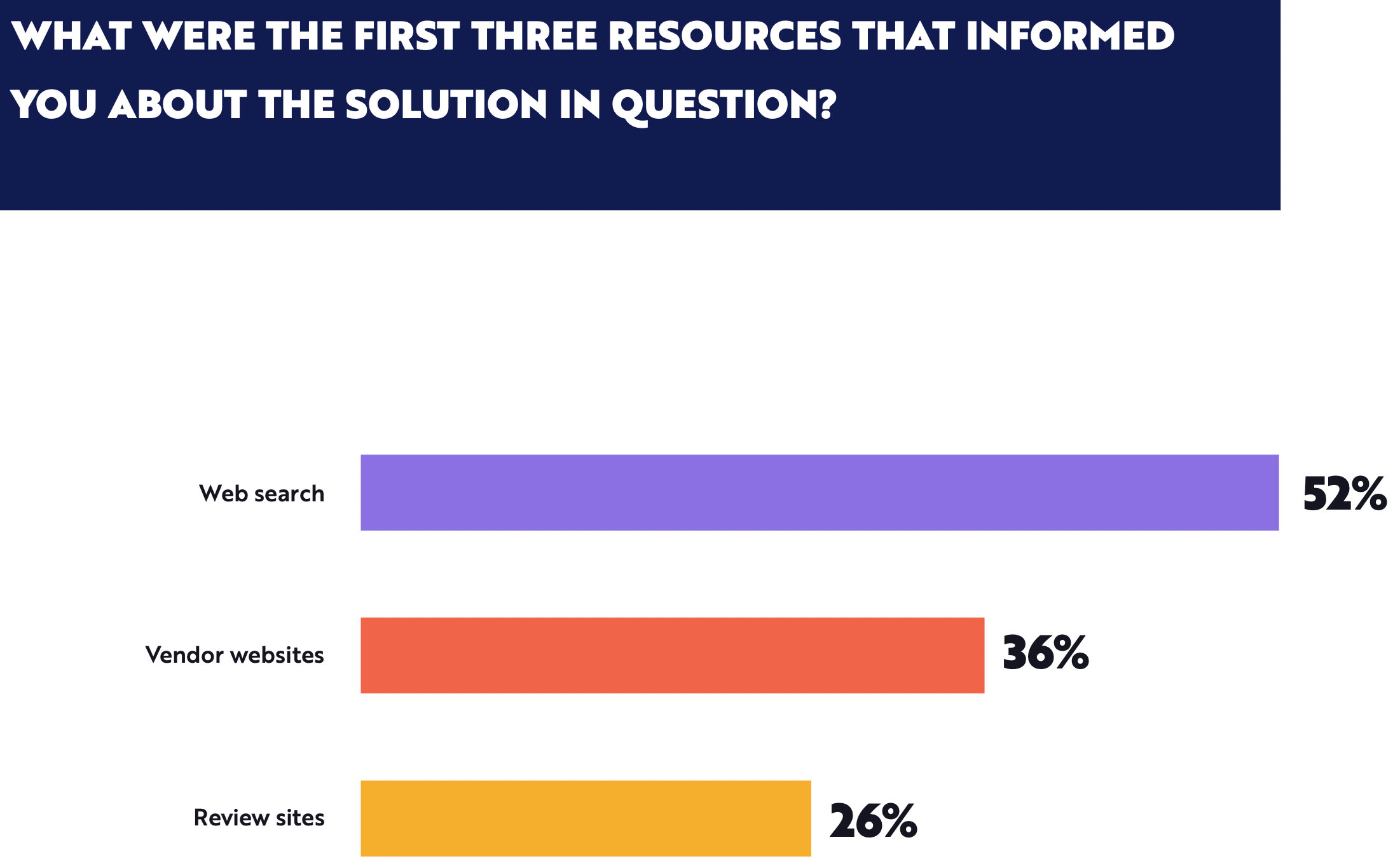
- Once again, one of the instrumental factors in influencing B2B buying decisions is the high-quality content that demonstrates stronger knowledge of the client’s company and its needs. Digital marketing can fulfil their demands of customised and contextualised messaging in a specific niche.
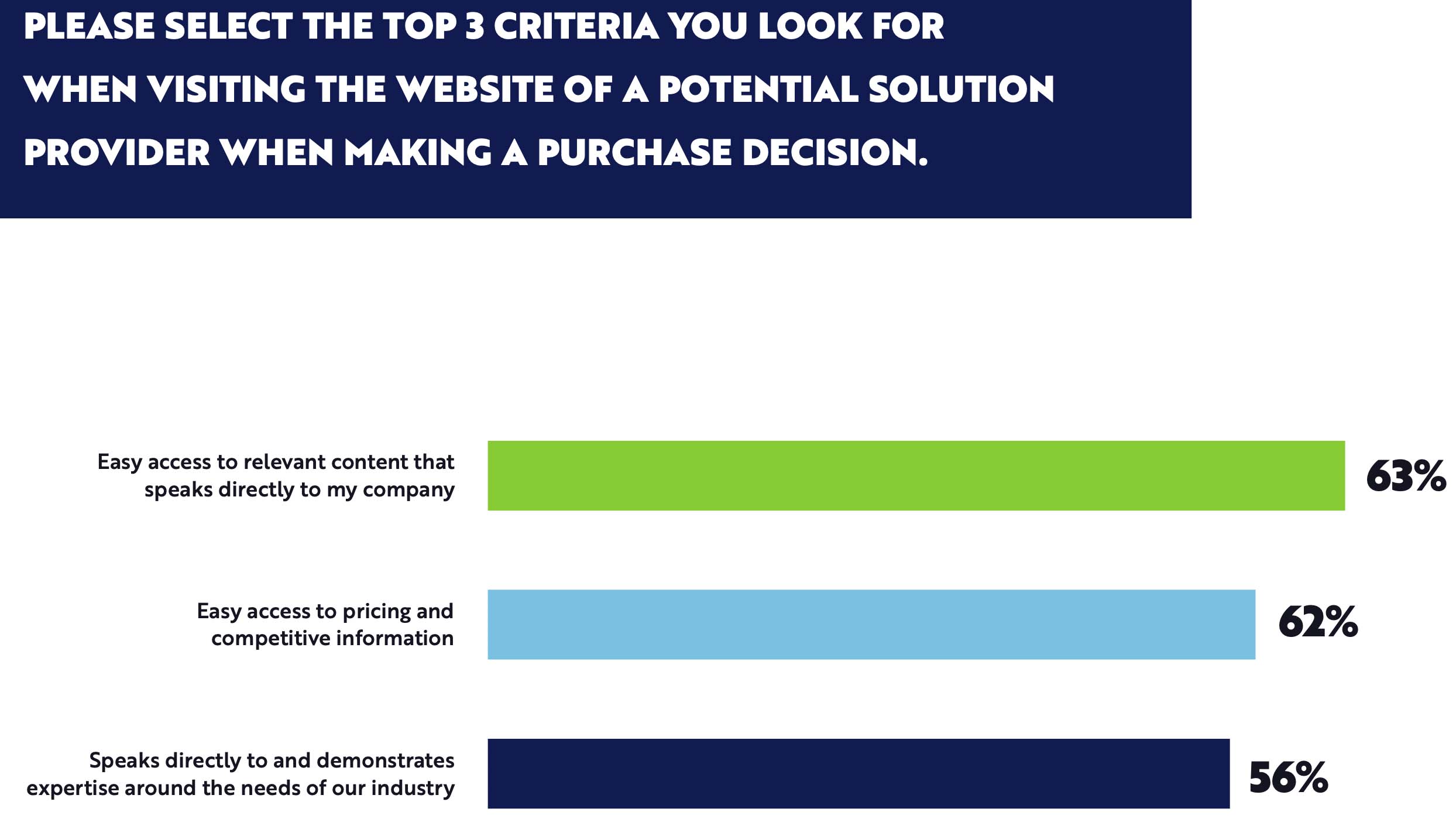
For businesses to choose you in a sea of logistics firms to carry their cargo, you must embrace digital marketing at the earliest. Here’s how to get started.
5 Digital Marketing Strategies That Are Gold for Logistics and Supply Chain Companies
A Relevant and Updated Website is a Linchpin
As per a HubSpot marketing report, the website is the #2 channel used in marketing after social media. And understandably so. All your marketing activities are aimed at directing users to your website.
Moreover, a website is an important tool in marketing complex logistics services and products to B2B and earning quality leads.
With an ineffective website, those leads do not convert, and a lot of that investment goes down the drain.
To optimise your website, it should clearly explain what you do and how you do it. It’s important to make it visually appealing, polished, and professional. Functional pages, clear layouts, white spaces, and quality graphics help your message shine through.

Your logistics business website must have the following features:
-
- Make it easy to use with logical navigation, clear hierarchy, and minimum dead ends.
- Be sure that your web pages can be comfortably viewed from any device.
- Optimise it for search engines and the social web.
- Offer real-time shipment tracking and cost calculator features.
- Have a centralised order and billing management dashboard.
- A secure payment gateway and multiple payment options are a must.
- Display feedback, awards, and certificates that enhance your reputation.
Leverage the Power of Content and SEO
Good content marketing is all about understanding the pain points of your target audience and offering quality information that answers those questions. It’s an excellent way of positioning your company as a thought leader in the industry.

If your digital marketing strategy does not include owned channels with amazing content, that should be your priority.
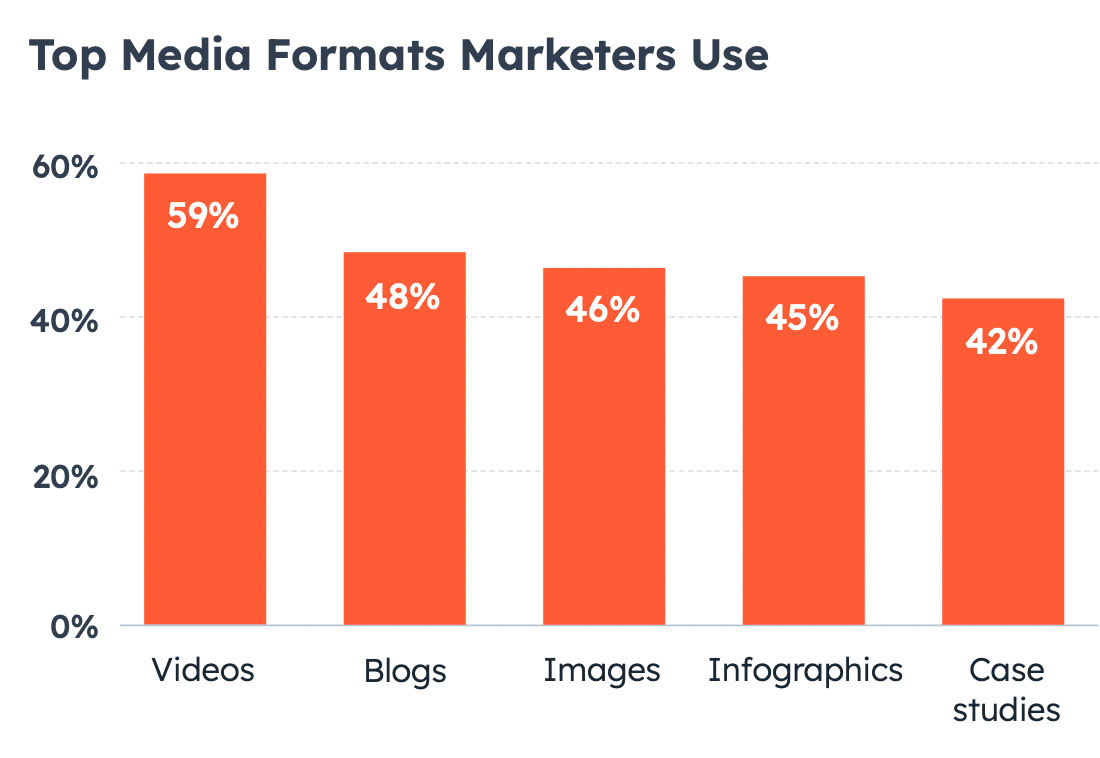
Here’s a look at some content tips for achieving this for your logistics brand:
- Create content that informs readers without being too salesy.
- Build authority by consistently producing content that offers unique perspectives, such as case studies, company research, and customer success stories.
- Keep your newsletter or podcast subscribers, or frequent blog readers hooked with your content such that they keep it in their bookmark.
- Leverage user-generated and employee-generated content to showcase your organisation’s voices.
- Humanise your logistics brand with storytelling. For instance, you might want to share an authentic brand story, the “behind the scenes” content of an impossible product delivery, or how your warehouse management works.
- Employ interactive content to collect first-party data, identify the best leads, and deliver customised content.
But how will your customers read your content if they can’t find you in search results? That’s when search engine optimisation comes into play.
SEO is a powerful digital marketing tool in terms of effectiveness and ROI. For the same reason, 88% of marketers already use an SEO strategy plan to increase or maintain their SEO investment in 2023.
So, does your Malaysia-based logistics business website appear in the search result when you type “Top logistics companies in Malaysia”? Yes, or No, the following checklist should be a helpful reminder for your SEO project.
- Website and content optimisation
- On-page optimisation
- Keywords optimisation
- High-quality backlinks
- Local optimisation
- HTTPS
- Webmaster tools
Generate Leads Through LinkedIn
LinkedIn enables logistics and supply chain companies to:
- Create an incredible online presence
- Get in touch and engage with a hyper-targeted audience
- Enhance your brand visibility
- Publish your thought-leadership content
- Enhance your brand’s perception
With LinkedIn, you can identify your niche customer base and deliver customised messages to benefit them. It’s an excellent platform to engage with your customers through trending conversations, professional groups, knowledge-based posts, thought-provoking discussions, and more.

In a nutshell, if you want to grow your customer base and attract qualified leads, add LinkedIn marketing to your digital marketing arsenal.
Social Media is the Ultimate Truth
Much like the previous year, social media continues to be the top marketing channel in 2023.
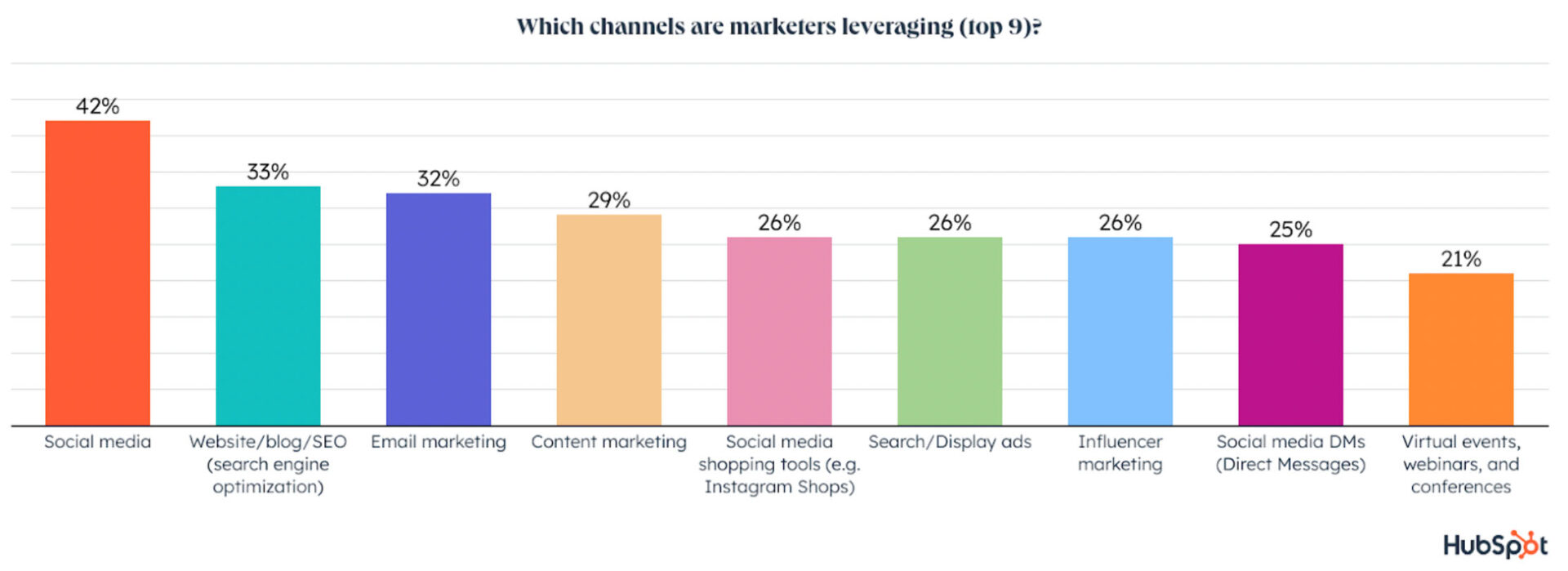
While word-of-mouth can be a great start, eventually, you will need to tap into the marketing potential of social media to reach new leads.
You can start by setting up social media accounts on Facebook, Instagram, YouTube, and Twitter (in order of their popularity among marketers).
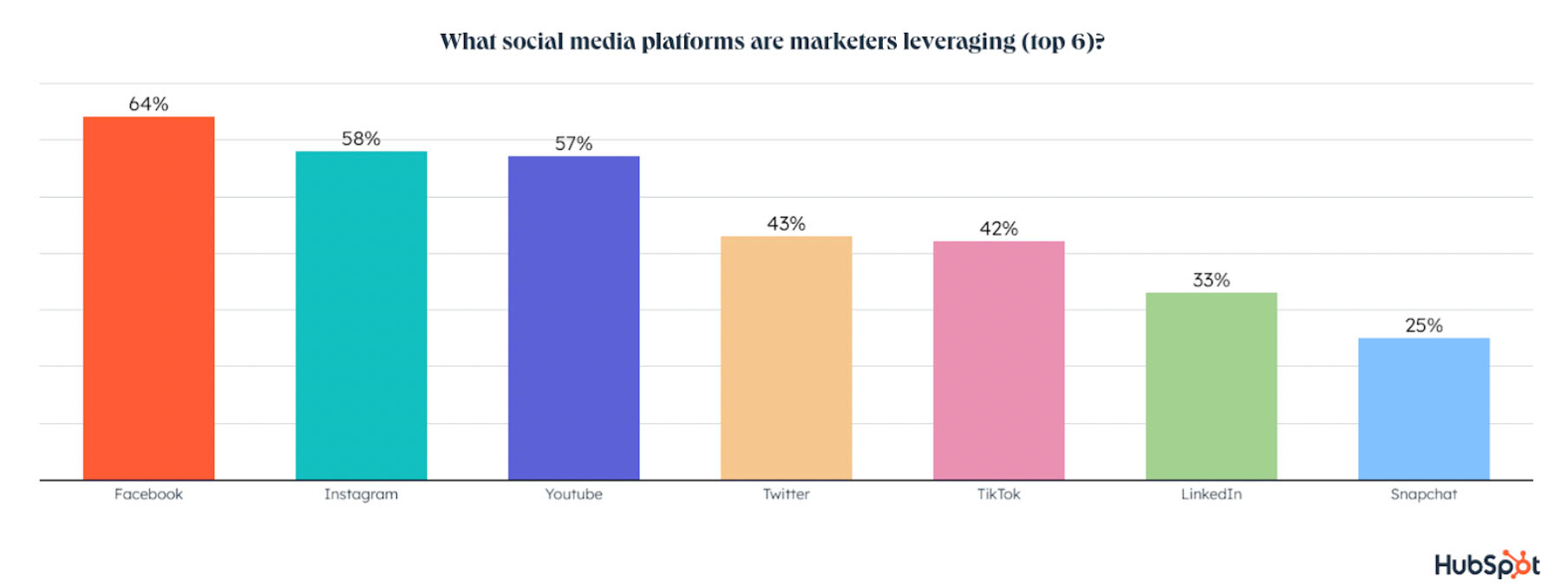
You can draw more eyes to your social media pages as you publish informative articles and engage with networking communities. Additionally, paid social media advertising can help you reach the most relevant possible audience.
Get Right into Their Inbox Through Email Marketing
Email is the most commonly used medium of business communication. Hence, the best way to stay on top of your audience’s mind is through their email inbox.
Moreover, emails are easier for the recipient to act upon by clicking on the link and visiting the website. Some easy-to-implement and effective marketing strategies for logistics businesses are:
- Use email marketing platforms to automate your emails.
- Segment your audience to create highly targeted email content marketing campaigns.
- Send updates and newsletters via bulk emails.
- Keep your emails mobile-friendly.
Turn Searches into Sales Everywhere They Happen
When prospects Google your products, check the Map Pack, or fire questions at ChatGPT, Gemini, or Perplexity, will they meet you or your rival?
Our RankRise Growth Plan blends battle-tested SEO with AI-research optimisation, delivering an averaged +176% lift in organic traffic within 90 days for Malaysian SMEs.
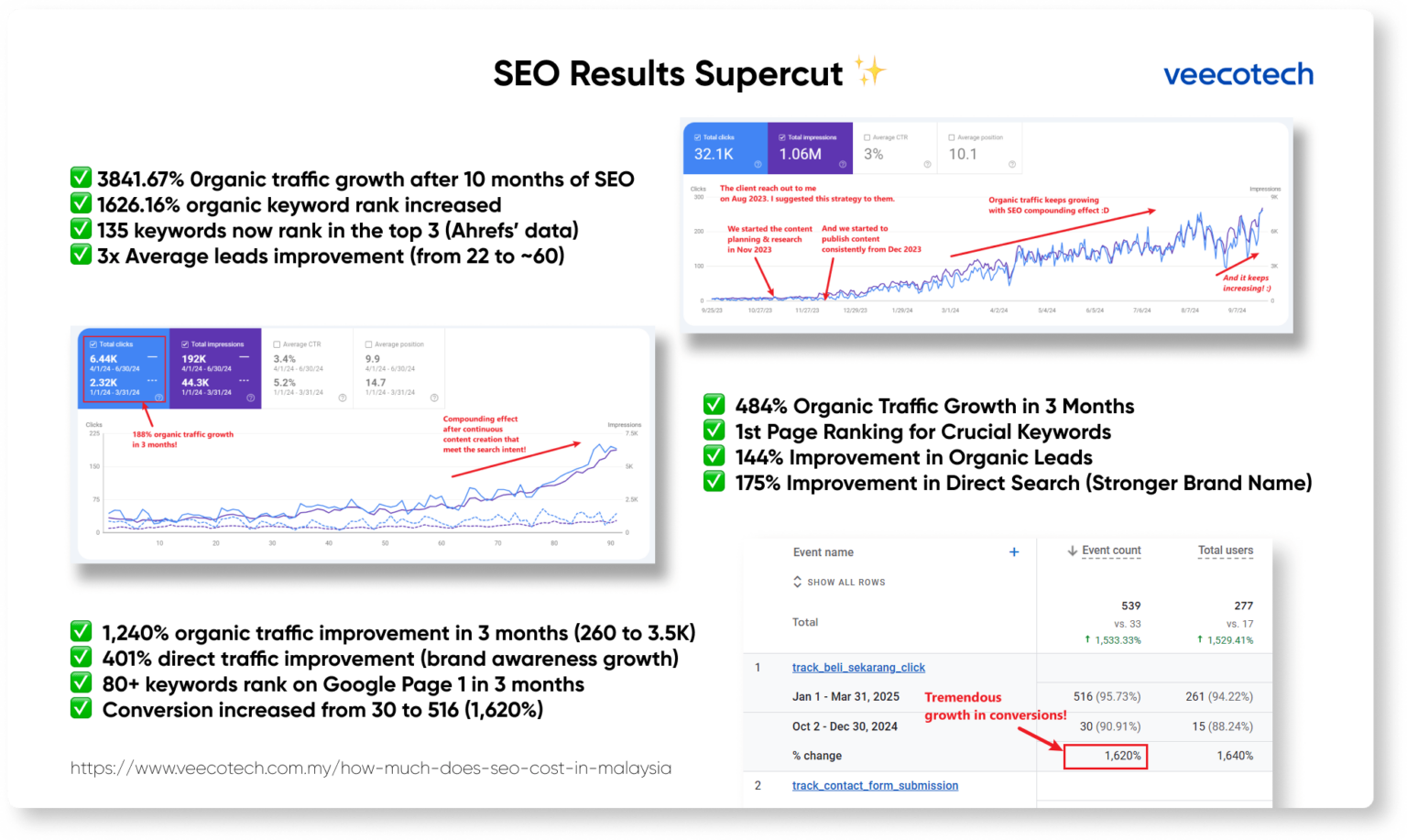
If you’re serious about:
- ✅ Multiplying your traffic & conversions across Google, Bing, AI Chatbots and organic socials
- ✅ Get hands-off execution by senior strategists—free up your team’s time
- ✅ Building revenue-driving assets that keep selling long after we hit "publish"
Then the RankRise Growth Plan could be your best next step.
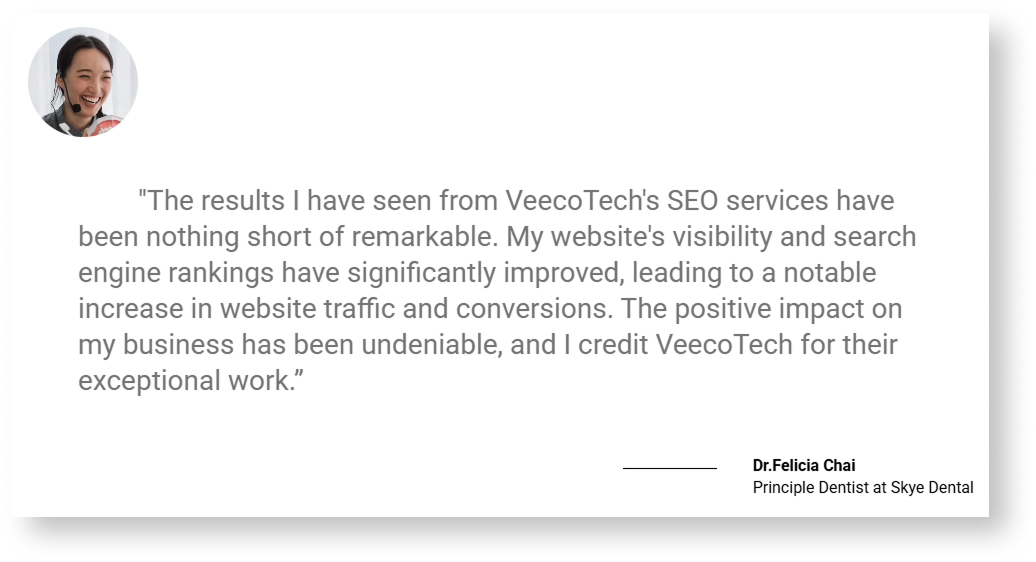
Just start from RM 2,899/month!
And if you don’t see measurable gains in traffic and visibility within 90 days, we refund every cent. No fine print.
👉 Book your free 15-min strategy call and walk away with a tailored competitive teardown—whether we work together or not.
Wrapping Up
Now that you know how digital marketing can help your logistics business, it’s time to put your plans on the front burner. Don’t worry, VeecoTech has got your back!
With more than a decade of experience in website design and development, Google SEO services, and marketing automation, we know how to bring our A game.
Since you made this so far, chances are you will love to look at our other services too.
And to get started with us, contact us today!


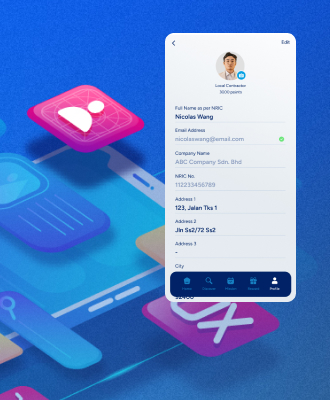

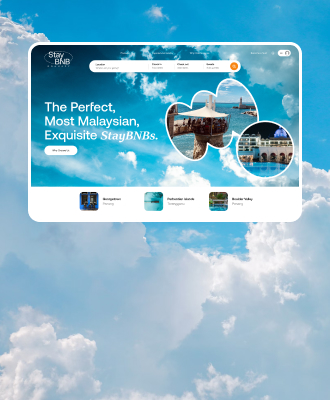
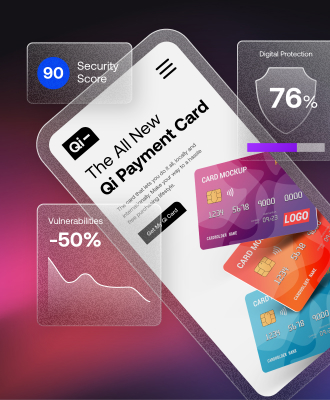
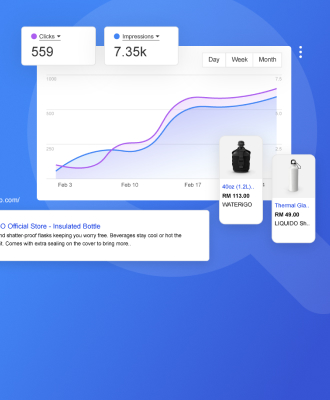
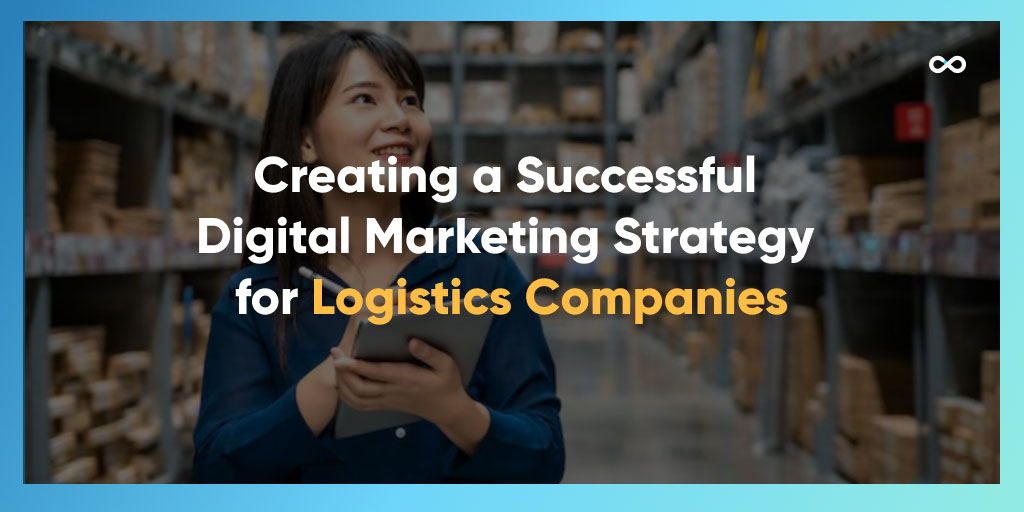



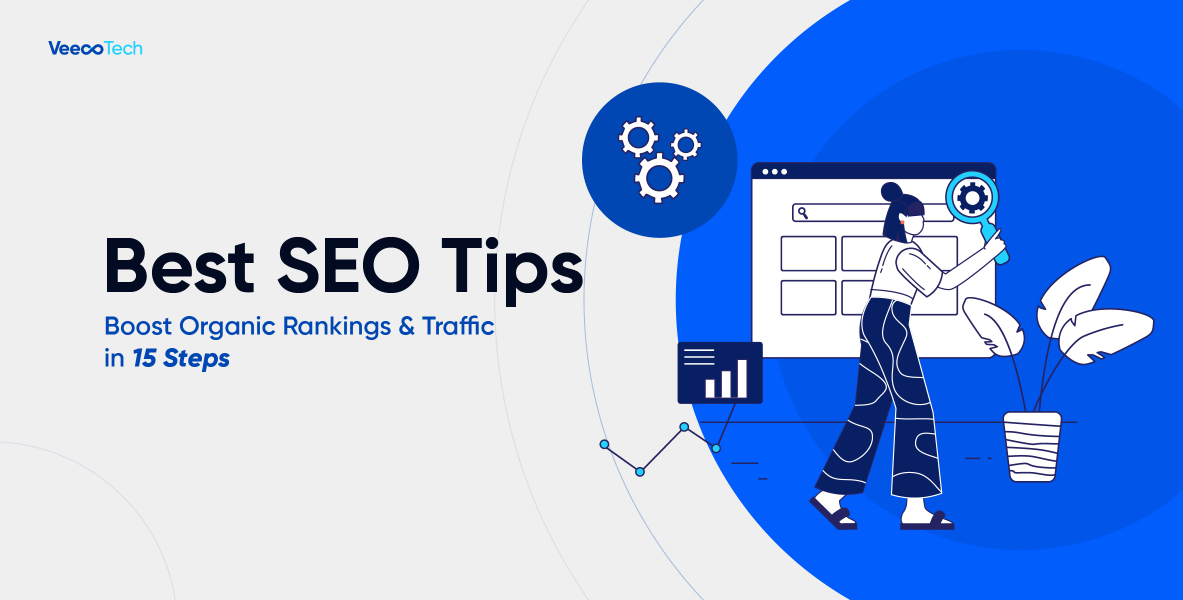

Leave A Comment